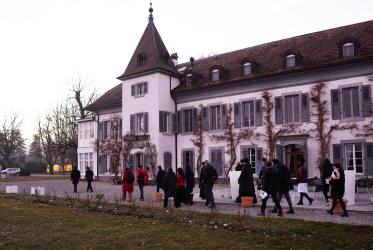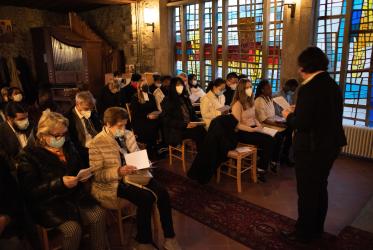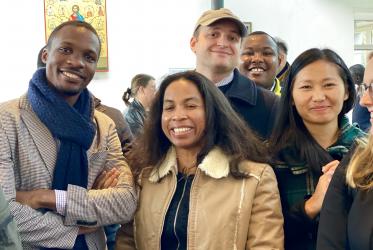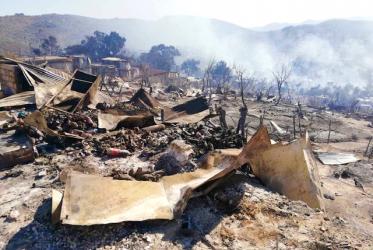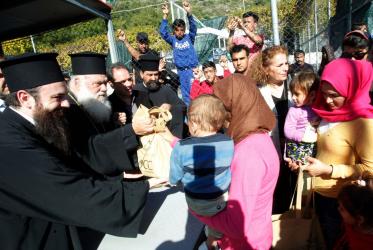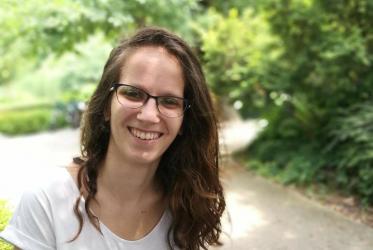Displaying 1 - 20 of 64
08 September 2022
Bossey student Carolina Zamorano reflects on study visit to Rome
02 February 2022
Applications open anew for Bossey online course in ecumenism
13 January 2022
The cry of the Papuans in Indonesia
14 November 2019
Markus Imhoof film receives human rights award
10 October 2019
New website launched for Bossey Hotel and Conference Centre
12 September 2019
WCC pays tribute to ecumenist pioneer
08 May 2019
A faith-based, holistic approach to HIV and AIDS-care
13 March 2019
Faith and HIV treatment go hand in hand
06 March 2019

